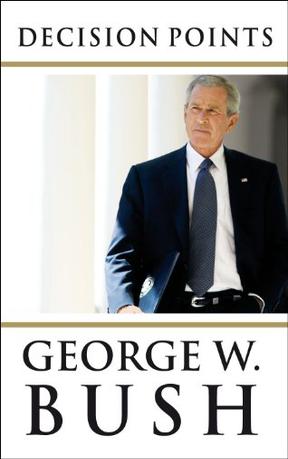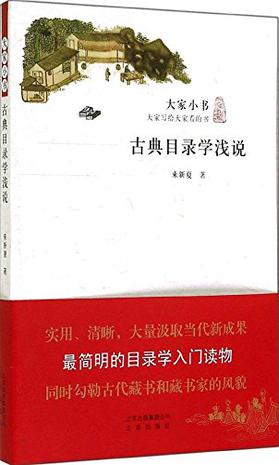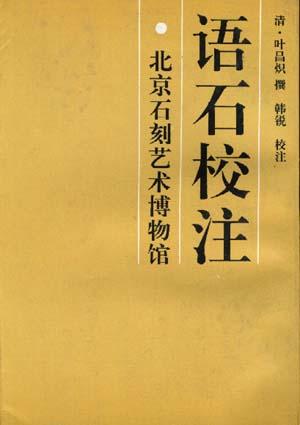In the final year of my presidency, I began to think seriously about writing
my memoirs. On the recommendation of Karl Rove, I met with more than a
dozen distinguished historians. To a person, they told me I had an
obligation to write. They felt it was important that I record my perspective on
the presidency, in my own words.
“Have you ever seen the movie Apollo 13?” the historian Jay Winik asked.
“Everyone knows the astronauts make it home in the end. But you’re on the
edge of your seat wondering how they do it.”
Nearly all the historians suggested that I read Memoirs by President
Ulysses S. Grant, which I did. The book captures his distinctive voice. He
uses anecdotes to re-create his experience during the Civil War. I could
see why his work had endured.
Like Grant, I decided not to write an exhaustive account of my life or
presidency. Instead I have told the story of my time in the White House by
focusing on the most important part of the job: making decisions. Each
chapter is based on a major decision or a series of related decisions. As a
result, the book flows thematically, not in a day-by-day chronology. I do not
cover all of the important issues that crossed my desk. Many devoted
members of my Cabinet and staff are mentioned briefly or not at all. I value
their service, and I will always be grateful for their contributions.
My goals in writing this book are twofold. First, I hope to paint a picture of
what it was like to serve as president for eight consequential years. I
believe it will be impossible to reach definitive conclusions about my
presidency—or any recent presidency, for that matter—for several
decades. The passage of time allows passions to cool, results to clarify,
and scholars to compare different approaches. My hope is that this book
will serve as a resource for anyone studying this period in American history.
Second, I write to give readers a perspective on decision making in a
complex environment. Many of the decisions that reach the president’s
desk are tough calls, with strong arguments on both sides. Throughout the
book, I describe the options I weighed and the principles I followed. I hope
this will give you a better sense of why I made the decisions I did. Perhaps
it will even prove useful as you make choices in your own life.
Decision Points is based primarily on my recollections. With help from
researchers, I have confirmed my account with government documents,
contemporaneous notes, personal interviews, news reports, and other
sources, some of which remain classified. There were instances in which I
had to rely on my memory alone. If there are inaccuracies in this book, the
responsibility is mine.
In the pages that follow, I have done my best to write about the decisions I
got right, those I got wrong, and what I would do differently if given the
Page 5
chance. Of course, in the presidency, there are no do-overs. You have to
do what you believe is right and accept the consequences. I tried to do that
every day of my eight years in office. Serving as president was the honor of
a lifetime, and I appreciate your giving me an opportunity to share my story.
Page
 Decision Pointstxt,chm,pdf,epub,mobi下载
Decision Pointstxt,chm,pdf,epub,mobi下载 首页
首页



很好的一本书,大力推荐这本书
果然有独到的见解
超喜欢 包装好看
很有趣